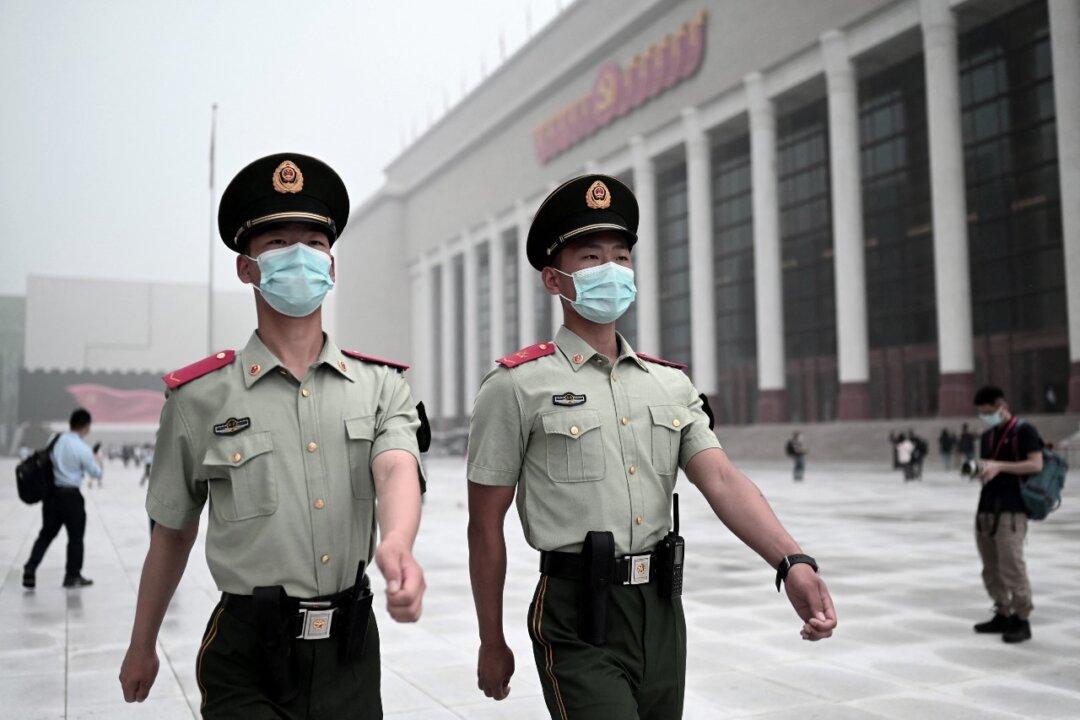Commentary
China’s judicial system is busy deleting and removing data on persecution—scrubbing them from its database—which reverses the only positive development for China’s judiciary in years.

China’s judicial system is busy deleting and removing data on persecution—scrubbing them from its database—which reverses the only positive development for China’s judiciary in years.